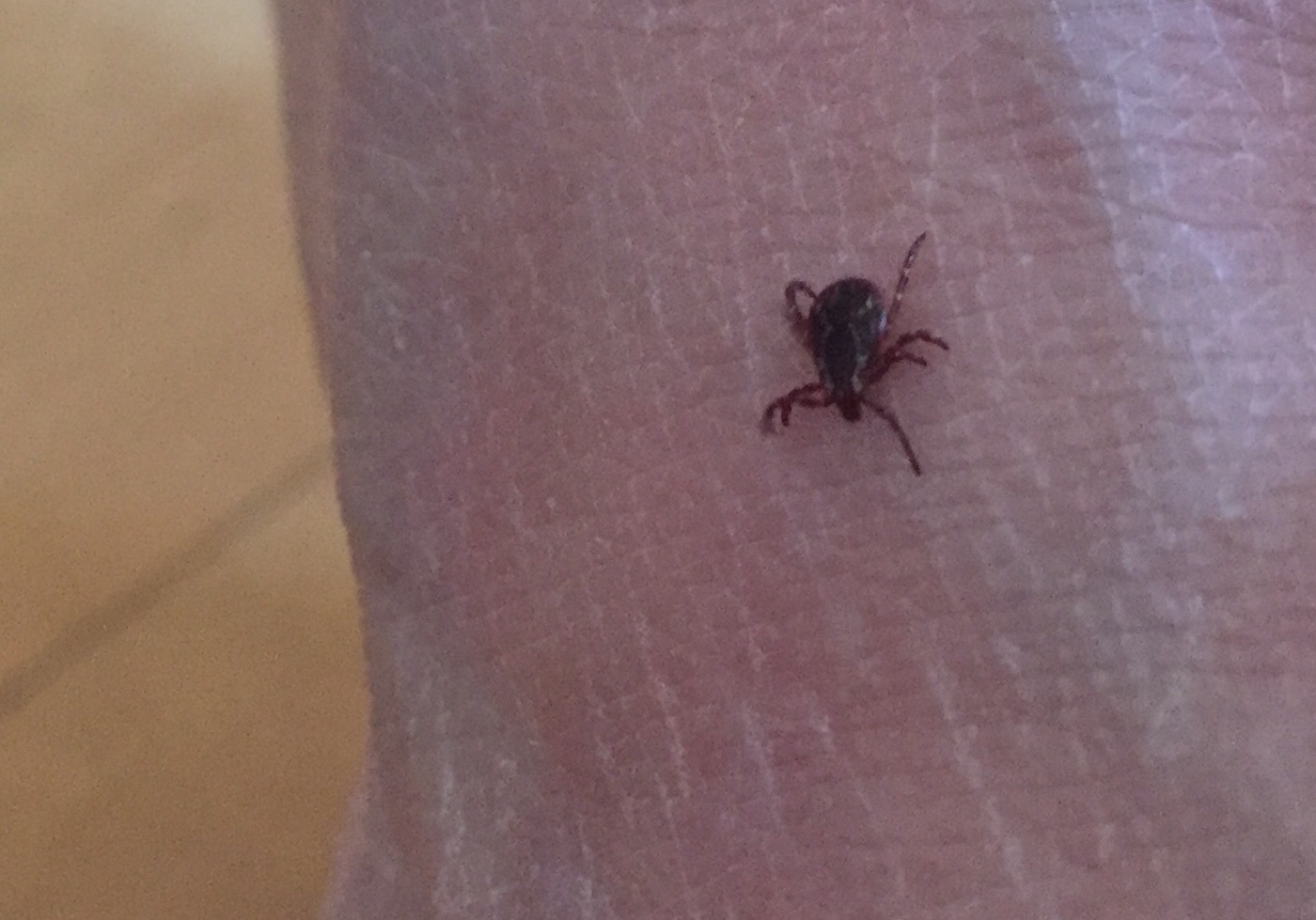WASHINGTON — It is prime season for ticks in the D.C. area, specifically the deer tick that harbors Lyme disease.
“We’ve been seeing it already,” said Dr. Todd Templeman, an emergency room physician at Suburban Hospital in Bethesda, Maryland.
He says it is not unusual for patients to show up in the ER with an engorged tick still stuck to their body — an insect that must be carefully removed to prevent the spread of a potentially dangerous bacteria.
If caught very early, Lyme disease can be treated with antibiotics. But if ignored, it can cause severe health problems.
Templeman says the main way to prevent a tick from adhering to your skin in the first place is to cover up outdoors and use repellent containing DEET — the same stuff used to protect your body from mosquito bites.
“It’s very safe, effective and we recommend it, especially if you are going into the woods,” Templeman added.
He says it is important to remember that ticks can’t fly and are most often low to the ground, so dress accordingly, including tucking pant legs into socks.
But he says the most important thing to remember is to do a “tick check” as soon as you come inside.
“That involves looking at your own body, but also having a family member look at your body,” he said. That way you won’t miss places like the back of your neck.
Look carefully because ticks are very small and the young ones can be as tiny as a freckle. And remember, the longer they are attached, the greater the risk of trouble.
For some people, a rash that resembles a bull’s-eye is a sign of possible Lyme disease — while in others, the bad omen is a rash that seems to come and go.
Most of the time, a tick bite results in nothing more than an itch, easily treatable with an over-the-counter hydrocortisone cream or an antihistamine.
But if that tick carries Lyme, tougher treatment is warranted. It’s also important to seek medical help if you find a tick that appears to be enlarged.
“We want to remove it delicately so as not to spread the disease any further,” Templeman said.
The CDC has plenty of information about the signs of Lyme disease, along with a schedule of symptoms on its website.






